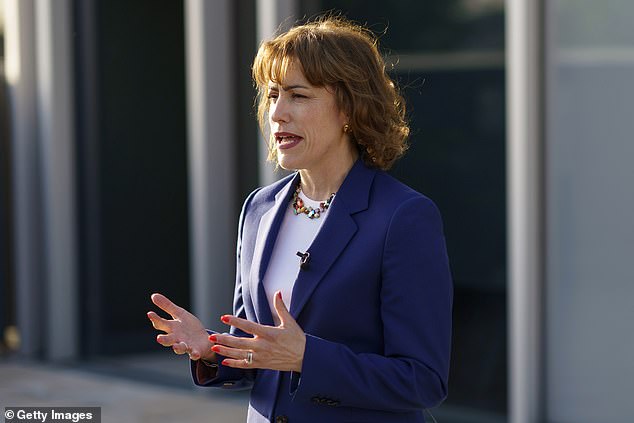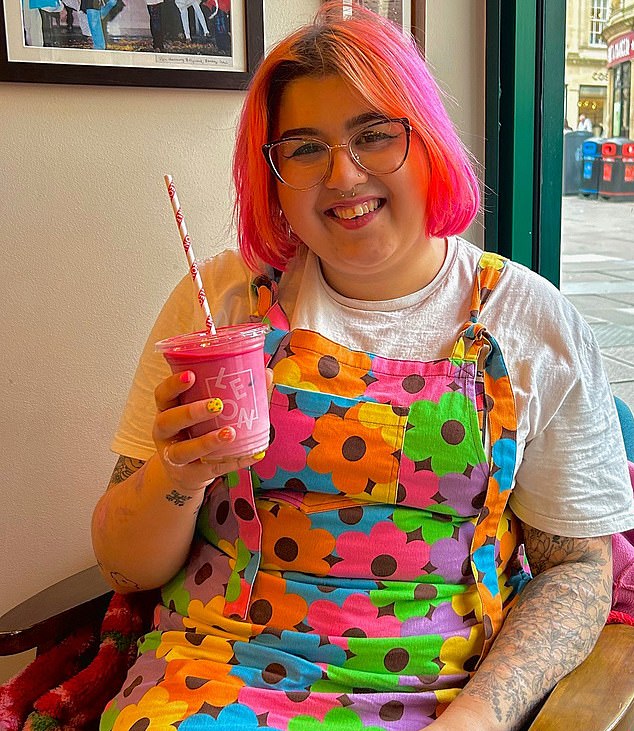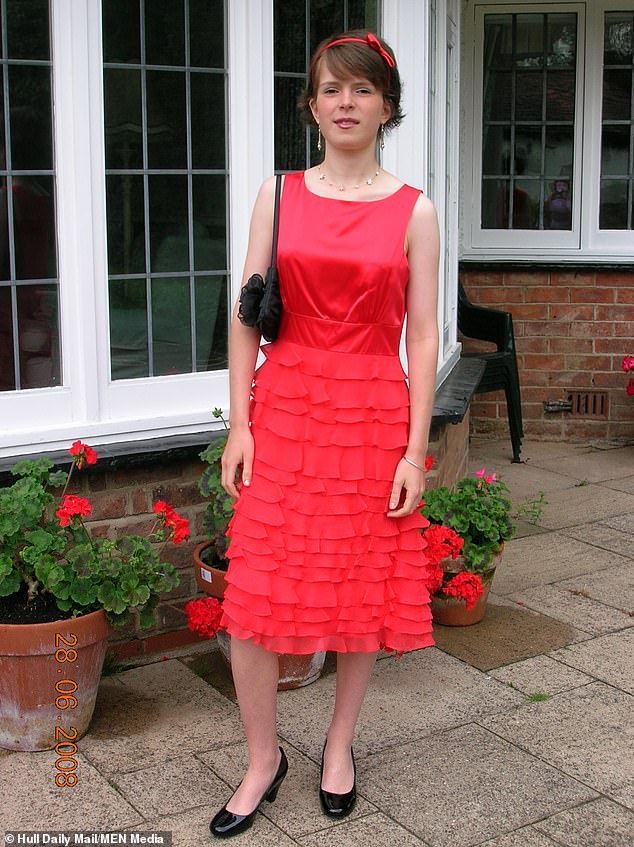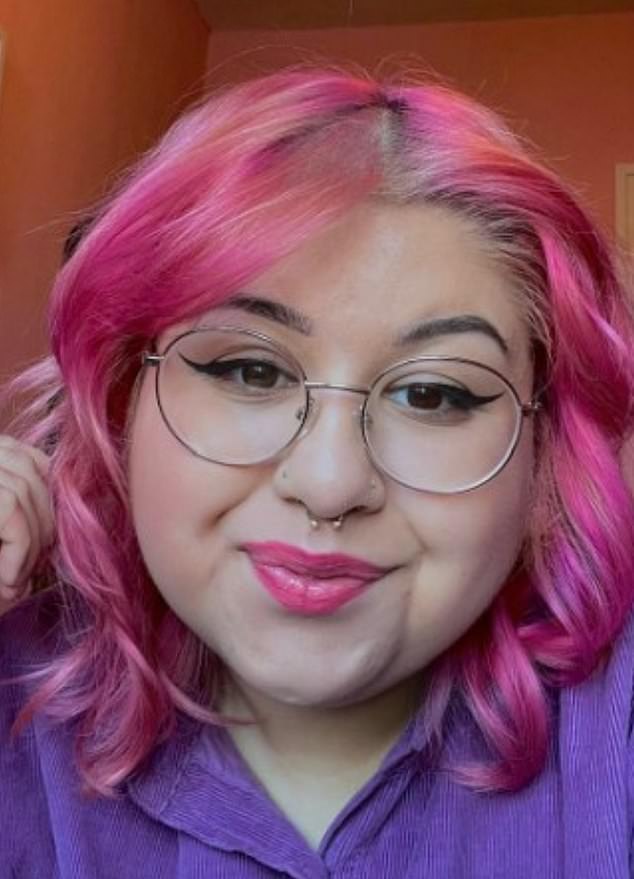Thousands of children and young adults in the UK with serious mental illnesses are being denied the help they need because doctors label them as difficult and attention-seeking, experts say.
Leading doctors are now calling for an immediate ban on young people being classified as having borderline personality disorder (BPD), a condition in which they are often seen as emotionally unstable and even manipulative.
Experts say the diagnosis, although recognized as a medical condition, encourages mental health staff to treat patients as if they are problematic rather than in need of specialized psychiatric care.
They add that in some cases doctors ignore warnings that BPD patients are planning to harm themselves or commit suicide because they believe they are “making it up.”
As a result, many are denied medication treatment or counseling that could help. This is despite studies showing that one in ten people with BPD symptoms end up committing suicide.
Now hundreds of senior doctors have signed a letter to Health Secretary Victoria Atkins demanding the term be removed. She warns that doctors tell young patients that they have a defective personality when in reality many suffer from serious mental illness caused by trauma.
Liv Johnson, 25, from Herefordshire, suffered abuse as a child, leading to an eating disorder in her teenage years.

Top doctors are now calling for an immediate ban on young people being classed as having borderline personality disorder (BPD) (File image)

Now hundreds of senior doctors have signed a letter to Health Secretary Victoria Atkins (pictured) demanding the term be removed.
The letter, signed by former Health Minister Sir Norman Lamb as well as leading psychiatrists, psychotherapists and mental health nurses, states: “Until there is conclusive evidence that this diagnosis does not harm children, we say it should not occur in the United Kingdom.
It is estimated that 8,000 patients a year in England alone are treated on the NHS for suspected BPD. Sufferers find their emotions confusing and difficult to control, struggle with relationships and experience disturbed thoughts. They often have a deep-seated fear of being abandoned and may act impulsively. It is diagnosed using a nine-point list of symptoms: if patients have five or more, they are labeled BPD.
It is estimated that 1.5 million people in the UK meet the criteria for BPD. But research shows that many mental health professionals treat them differently than those they consider to have a “genuine” problem.
In one study, researchers at the University of Wisconsin interviewed 22 psychiatrists to find out their opinion about patients with BPD.
The results, published in the journal Social Science And Medicine, found that most described them as “difficult” and did everything they could to get them out of their clinics as soon as possible.
One even told researchers: “In professional circles, the limit is often synonymous with ‘pain in the butt.'” ‘
In 2022, the Royal College of Psychiatrists announced a course for its members that described personality disorder as “a thorn in the flesh of many doctors”.
“These people are treated really badly,” says Keir Harding, an occupational health therapist and mental health specialist who has campaigned for several years for the BPD label to be removed. ‘However, many have experienced abandonment, trauma and abuse. Mental health services are letting them down.

Only when she received her discharge letter two months later did Liv realize that doctors had labeled her BPD.
Liv Johnson, 25, from Herefordshire, has experience of this. She suffered abuse as a child, which led to her suffering from an eating disorder in her teens. At age 15 she was admitted to a psychiatric hospital after self-harming and taking an overdose.
Only when she received her discharge letter two months later did Liv realize that doctors had labeled her BPD. “I don’t remember any assessment of it, nor that staff ever mentioned it,” she told The Mail on Sunday.
Once he self-harmed, he says, A&E staff denied him medical treatment because of his BPD diagnosis.
“They said they wouldn’t stitch my wound because I was a self-harmer and I wanted stitches,” says Liv, who now works as a mental health peer support worker.
When he was 22, doctors finally changed his diagnosis to Complex Post-Traumatic Stress Disorder, to take into account his childhood traumas.
It meant he could finally access the therapy he had been denied for suffering from BPD.
Angela Mays, 73, from Hull, lost her daughter Sally, 22, to suicide in 2014, after staff at an NHS mental health unit refused to admit her, despite her trying to strangle herself in front of her. from them.
It was later reported at a hearing that one of the nurses said: “Leave her; she will faint before she dies.”
Sally, who had a history of eating disorders and depression, ended her life at home a few hours later.
Angela, a retired management consultant, insists she didn’t take her daughter seriously because she had been diagnosed with BPD.
‘It’s a stigmatizing term. Most doctors consider it a behavioral disorder. ‘An NHS psychotherapist told me that my daughter was not really sick at all, even though she had been in and out of hospital for three years.’

Angela Mays, 73, from Hull, lost her daughter Sally, 22 (pictured), to suicide in 2014, after staff at an NHS mental health unit refused to admit her.
Dr Lade Smith, President of the Royal College of Psychiatrists, said: “The care of children with mental health needs is of utmost importance – we work with experts to ensure they get the best possible, high-quality mental health care.” .
The Department of Health and Social Care has been contacted for comment.

